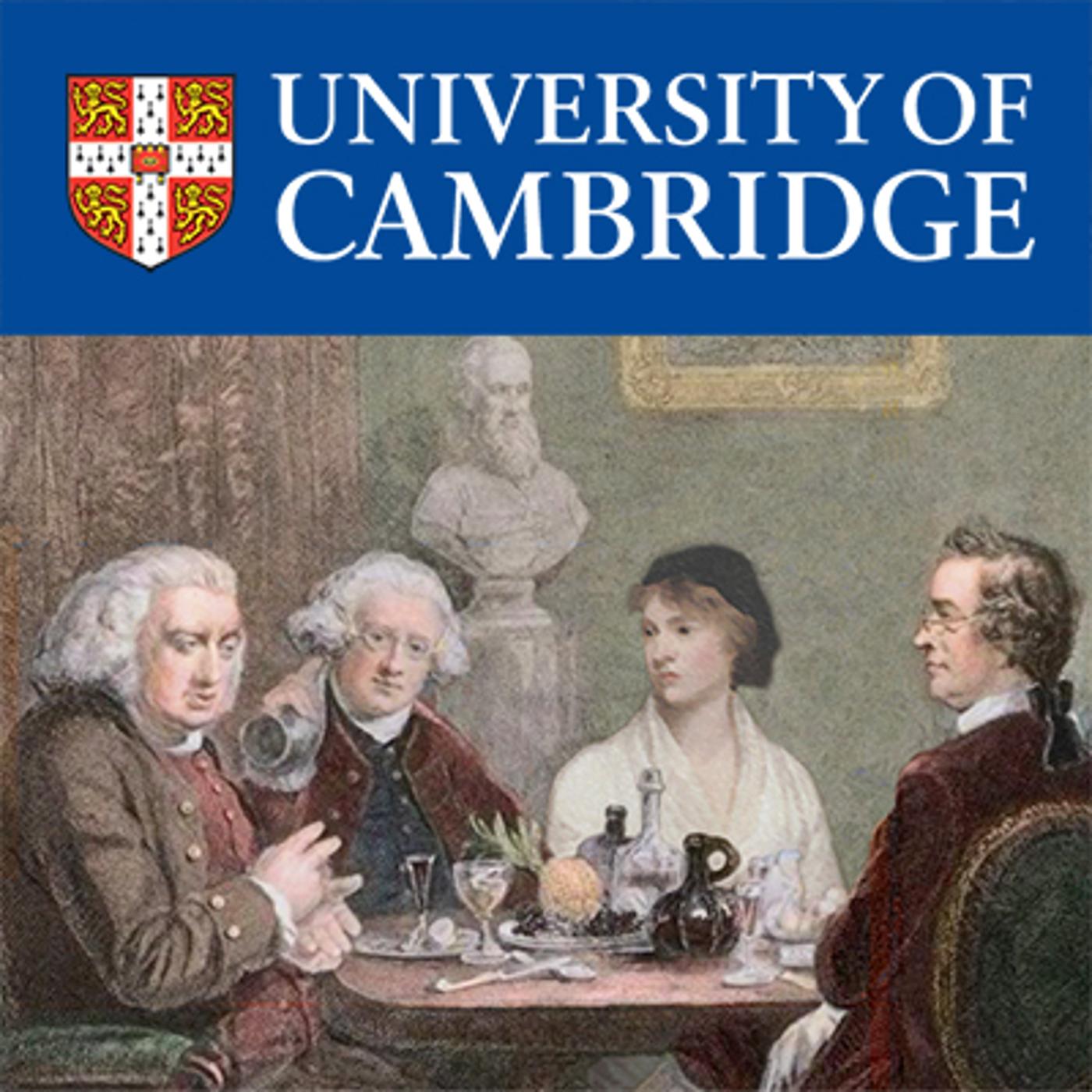Discover Clare Hall Colloquium
Clare Hall Colloquium

56 Episodes
Reverse
As part of a visiting fellowship at Delhi University in the mid 1990’s the speaker set up seminars relating to nuclear power, one of which was attended by a Russian diplomat who offered payment in return for information about Britain’s nuclear waste disposal facilities.
In this talk, Dr Taltavull will explore the importance of understanding the likelihood of a certain volcanic ash adhering into a substrate by taking into consideration both ash properties and environmental conditions.
This talk offers an introduction to technology enterprise in and around Cambridge for those unfamiliar with the Cambridge tech scene. It will examine ways in which scientific knowledge is translated into practice, with a focus on technology-based spin-out companies originating in the university.
The talk compares Japanese and English illustrations in various editions of Gulliver’s Travels published in Japan between 1880 and the early 1920s.
Global recessions and structural economic shifts are motivating government and business leaders worldwide to increasingly look to “their” universities to stimulate regional development and to contribute to national competitiveness. The challenge is clear and the question is pressing: How will universities respond?
In a series of Riddles written in about the year 1000, animals, plants, and even ore from the earth complain about being torn from their homes and deprived of life so as to become things useful to humans – a book, a bow, an inkwell.
Yes: hard to believe as it may be, sexual education was taught in the Middle Ages throughout Western Europe.
The recently completed Freedom Park provides a profound representation of South Africa’s troubled past, evoking memories of forgotten names and long suppressed South African identities.
Greek myths have always been powerful resources for thinking and feeling: they are ‘good to think with’. We shall illustrate this with the example of Polyphemus, the best known of the one-eyed, anthropophagous, pastoral giants known as the Cyclopes.
How should humans define themselves in relation to other animals? This familiar question has recently attracted new attention in several disciplines, with some radical results.
I shall focus most of the discussion on the standard English used in the south east of England to describe very briefly some changes in the structures and use of English over the last 500 years.
In about 1100, Zhang Zeduan painted a horizontal scroll that took as its theme the return journey that a family made back to Kaifeng, capital city of the Northern Song Dynasty (960‐1127).
We look at some examples of such Internet surveillance and censorship, and give an overview of some of the more popular technologies used by journalists, activists, and others to safely communicate online without observation or interference.
Silicon development cannot last forever so two complementary strategies are being pursued at research level: one seeks to extend the life of silicon technology, and the other seeks alternative materials.
In this colloquium I explore the phenomenon lying and its comic potential. This talk should appeal not only to those working in French literature, cultural studies and intellectual history but to anyone interested in how we communicate or miscommunicate and why we continue to be fascinated by trickery and deception.
Malcolm Longair is Emeritus Jacksonian Professor of Natural Philosophy, Emeritus Professorial Fellow and former Head of the Cavendish Laboratory.
Every schoolchild knows that water is H2O, but it was a terribly difficult thing for scientists to learn originally.
While unrestricted egoism is certainly a vice, I argue that the more serious moral defects in finance lie somewhere else.
What ethical judgments are at stake when we ‘translate’? What is ‘lost in translation’ when theories of human agency are translated into practices, or when practices are re-inscribed, or translated into theory?
Henslow is remembered for recommending Darwin to the Beagle expedition but his research is less well known – the nature of species through understanding natural variation.
Comments
Top Podcasts
The Best New Comedy Podcast Right Now – June 2024The Best News Podcast Right Now – June 2024The Best New Business Podcast Right Now – June 2024The Best New Sports Podcast Right Now – June 2024The Best New True Crime Podcast Right Now – June 2024The Best New Joe Rogan Experience Podcast Right Now – June 20The Best New Dan Bongino Show Podcast Right Now – June 20The Best New Mark Levin Podcast – June 2024
 United States
United States











